Home>diy>Building & Construction>What Is Surety In Construction
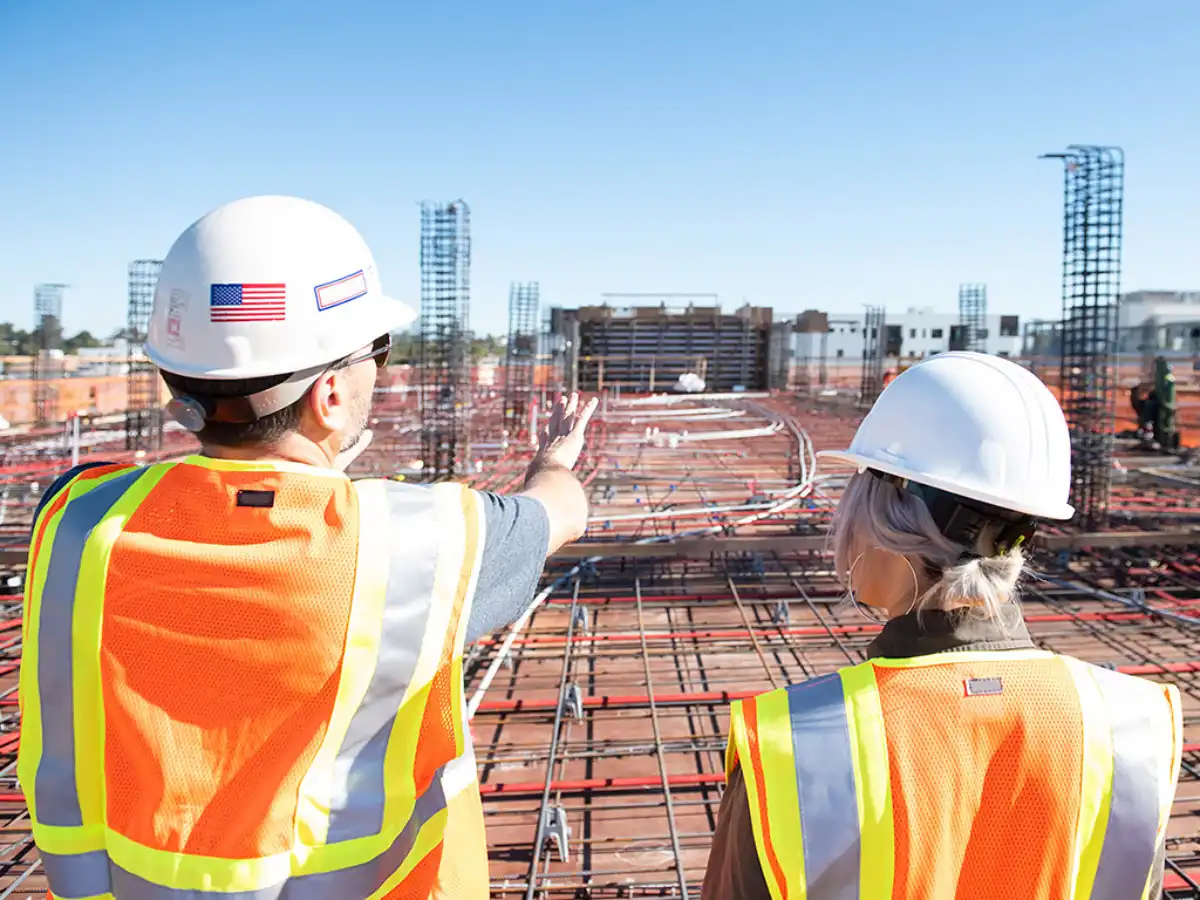

Building & Construction
What Is Surety In Construction
Modified: December 12, 2023
Learn about the concept of surety in construction and its significance in building construction projects. Understand the role and importance of surety bonds in the construction industry.
(Many of the links in this article redirect to a specific reviewed product. Your purchase of these products through affiliate links helps to generate commission for Storables.com, at no extra cost. Learn more)
Introduction
Welcome to the world of construction, where precision meets creativity and structures stand as testaments to human ingenuity. In this dynamic industry, the concept of surety plays a pivotal role in ensuring the successful completion of projects and the protection of stakeholders involved. Let's delve into the realm of surety in construction, unraveling its significance, types, working mechanisms, and the array of benefits it offers. Whether you're a seasoned professional or an aspiring enthusiast, understanding the essence of surety in construction is essential for navigating the complexities of this ever-evolving field. So, fasten your hard hat and embark on this enlightening journey through the world of construction surety.
Key Takeaways:
- Surety in construction is like a protective shield that ensures projects are completed as promised, and everyone involved is taken care of financially. It’s like having a safety net for building projects!
- Different types of surety bonds, like bid bonds and performance bonds, help make sure construction projects stay on track and everyone gets paid. It’s like having different tools to keep a building project running smoothly!
Read more: What Is Construction
Definition of Surety in Construction
Surety in construction refers to the guarantee provided by a third party, known as a surety, to the project owner (obligee) that the contractor (principal) will fulfill their contractual obligations. This guarantee is typically in the form of a surety bond, which serves as a legally binding agreement designed to safeguard the interests of all parties involved in a construction project.
At its core, suretyship embodies the commitment to uphold the terms of a construction contract, ensuring that the project is executed in accordance with the agreed-upon specifications and within the stipulated timeframe. The surety bond acts as a protective shield, offering financial recourse and assurance to the project owner in the event of contractor default or non-compliance.
Furthermore, the concept of surety extends beyond mere financial indemnity. It encompasses the principles of integrity, accountability, and reliability, laying the groundwork for trust and confidence within the construction ecosystem. By leveraging the expertise and financial backing of a surety, construction projects can mitigate risks, foster transparency, and uphold the highest standards of performance and professionalism.
Types of Surety Bonds
Within the realm of construction, various types of surety bonds cater to distinct facets of the project lifecycle, each serving a unique purpose in safeguarding the interests of stakeholders. Understanding the nuances of these bonds is crucial for navigating the intricacies of construction surety. Here are the primary types of surety bonds commonly encountered in the construction industry:
- Bid Bond: This bond provides assurance to the project owner that the contractor submitting a bid will enter into the contract at the price and terms proposed in the bid.
- Performance Bond: A performance bond guarantees that the contractor will execute the project in accordance with the contract terms and specifications. It serves as a safeguard against incomplete or substandard work.
- Payment Bond: Payment bonds ensure that the contractor will compensate subcontractors, laborers, and suppliers for materials and services as stipulated in the contract.
- Maintenance Bond: Also known as a warranty bond, this type of bond provides coverage for defects in materials and workmanship following project completion, typically for a specified period.
Each type of surety bond plays a pivotal role in mitigating risks and fostering trust among the parties involved in a construction project. By leveraging these bonds, stakeholders can navigate the complexities of construction with greater confidence, knowing that they are protected against potential contingencies and non-performance.
How Surety Works in Construction Projects
When a construction project commences, the integration of surety bonds into the contractual framework serves as a cornerstone for ensuring accountability, performance, and financial security. The dynamics of how surety works in construction projects unfold through a series of interconnected processes and principles:
- Risk Mitigation: Surety bonds are instrumental in mitigating risks associated with contractor default, project delays, or non-compliance with contractual obligations. By providing a financial safety net, surety bonds offer reassurance to project owners and other stakeholders.
- Contractual Compliance: The surety bond binds the contractor to comply with the terms and conditions outlined in the construction contract. This includes adhering to project specifications, timelines, and quality standards, thereby ensuring that the project progresses in alignment with the agreed-upon parameters.
- Financial Protection: In the event of contractor default, the surety assumes responsibility for addressing the non-performance, which may involve rectifying the issues, completing the project, or compensating the project owner as per the terms of the bond.
- Stakeholder Assurance: Surety bonds instill confidence among project owners, subcontractors, suppliers, and other involved parties, assuring them that their interests are safeguarded and that the project will be executed with diligence and professionalism.
Furthermore, the involvement of a surety in construction projects fosters an environment of transparency, accountability, and ethical conduct. It serves as a testament to the contractor’s commitment to upholding the highest standards of performance and integrity throughout the project lifecycle.
By orchestrating a symbiotic relationship among the project owner, contractor, and surety, construction projects can navigate uncertainties and challenges with greater resilience and assurance, ultimately contributing to the successful realization of the built environment.
Surety in construction refers to a third party guaranteeing the project’s completion. It’s important to understand the different types of surety bonds and their requirements before starting a construction project.
Benefits of Surety in Construction
The integration of surety in construction projects yields a myriad of benefits that resonate across the spectrum of stakeholders involved. These benefits extend beyond mere financial indemnity, encompassing broader implications for project success, risk management, and industry credibility. Here are the key advantages of incorporating surety in construction:
- Risk Mitigation: Surety bonds serve as a bulwark against potential risks, offering financial protection and recourse in the event of contractor default, non-performance, or non-compliance with contractual obligations.
- Enhanced Credibility: The presence of a surety bond signals the contractor’s commitment to professionalism, integrity, and adherence to contractual obligations, thereby enhancing their credibility and trustworthiness in the eyes of project owners and industry peers.
- Project Completion Assurance: Surety bonds provide assurance to project owners that the contracted work will be completed as per the agreed-upon terms, specifications, and timelines, mitigating uncertainties and instilling confidence in project outcomes.
- Financial Protection for Subcontractors and Suppliers: Payment bonds included within the surety framework ensure that subcontractors, laborers, and material suppliers receive due compensation, fostering a fair and ethical ecosystem within the construction industry.
- Quality Assurance: The stringent vetting processes associated with obtaining surety bonds underscore the contractor’s commitment to delivering high-quality work, thereby elevating industry standards and promoting excellence in construction practices.
By harnessing the benefits of surety in construction, stakeholders can navigate the complexities of projects with greater confidence, transparency, and accountability. The symbiotic relationship between surety, contractors, and project owners fosters an environment conducive to successful project outcomes, industry advancement, and sustainable growth.
Read more: What Is Drainage In Construction
Surety Bond Requirements for Contractors
For contractors venturing into the realm of construction projects, understanding the requirements and implications of surety bonds is paramount for establishing credibility, securing contracts, and navigating the intricacies of the industry. The following are key considerations and prerequisites pertaining to surety bond requirements for contractors:
- Financial Stability: Surety providers evaluate the financial standing of contractors to ascertain their capacity to undertake projects of varying scales. This assessment encompasses factors such as liquidity, profitability, and overall financial health.
- Operational Capacity: Contractors are required to demonstrate their operational capabilities, including past project experience, technical expertise, and the availability of resources essential for executing construction contracts.
- Business Integrity and Ethics: Surety providers scrutinize the ethical conduct, professional track record, and adherence to industry regulations exhibited by contractors, emphasizing the importance of integrity and ethical business practices.
- Risk Management and Compliance: Contractors must exhibit a proactive approach to risk management, compliance with safety standards, and a commitment to fulfilling contractual obligations, thereby mitigating potential risks associated with construction projects.
- Transparency and Documentation: Clear and transparent documentation, including financial statements, project portfolios, and operational procedures, is essential for substantiating the contractor’s qualifications and reliability to the surety provider.
By fulfilling these requirements and aligning with the expectations of surety providers, contractors can position themselves as reputable and dependable partners within the construction ecosystem. This, in turn, opens doors to a diverse array of projects, enhances industry credibility, and fosters enduring relationships with project owners and stakeholders.
Conclusion
As we conclude our exploration of surety in construction, it becomes evident that this fundamental concept serves as a linchpin for fostering trust, accountability, and resilience within the dynamic realm of construction projects. The integration of surety bonds not only provides financial protection but also symbolizes a commitment to professionalism, integrity, and adherence to contractual obligations. The multifaceted benefits of surety extend beyond risk mitigation, encompassing broader implications for industry credibility, project success, and ethical business conduct.
By understanding the intricacies of surety in construction and embracing its principles, stakeholders can navigate the complexities of projects with confidence and assurance. Contractors, armed with a thorough understanding of surety bond requirements, can position themselves as reliable and reputable partners, thereby unlocking opportunities for project engagement and industry advancement. Project owners, in turn, can rest assured that their investments are safeguarded, and that projects will be executed with diligence, quality, and adherence to timelines.
In essence, surety in construction transcends the realm of financial guarantees, embodying a commitment to excellence, transparency, and ethical conduct. It underscores the symbiotic relationship among project owners, contractors, and surety providers, culminating in the successful realization of the built environment and the advancement of the construction industry as a whole.
As we embrace the principles of surety in construction, we pave the way for a future characterized by robust partnerships, enduring trust, and the seamless execution of projects that shape the world around us.
Frequently Asked Questions about What Is Surety In Construction
Was this page helpful?
At Storables.com, we guarantee accurate and reliable information. Our content, validated by Expert Board Contributors, is crafted following stringent Editorial Policies. We're committed to providing you with well-researched, expert-backed insights for all your informational needs.
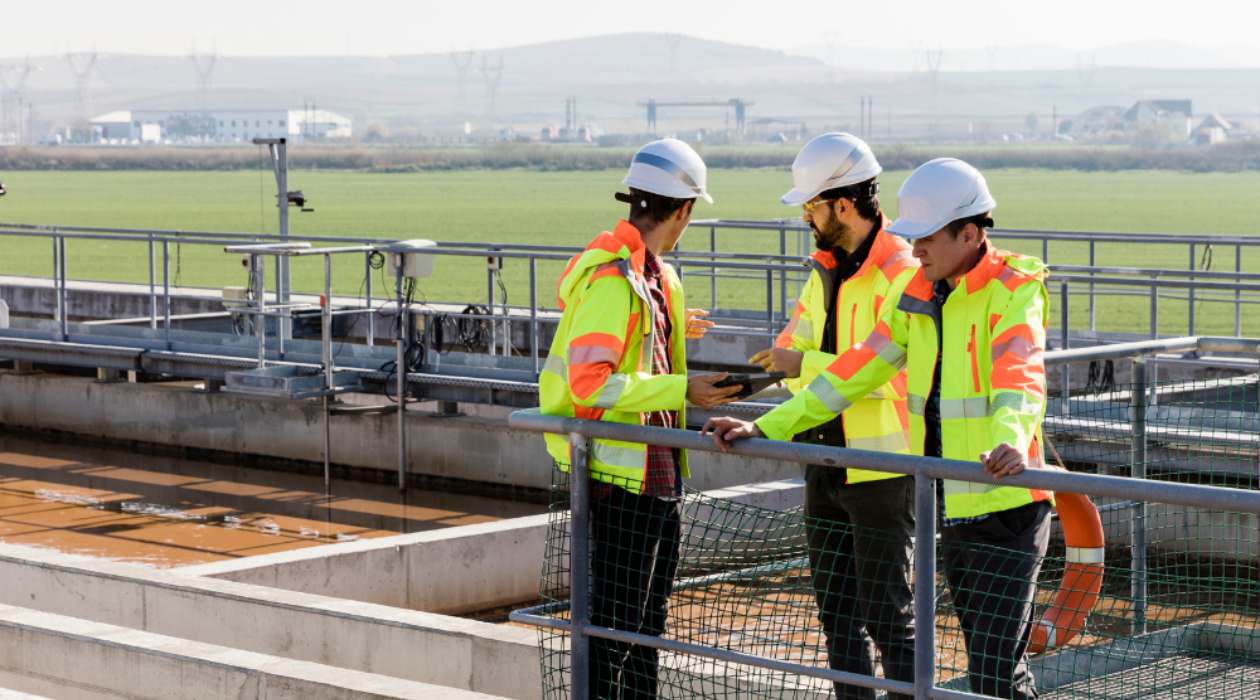
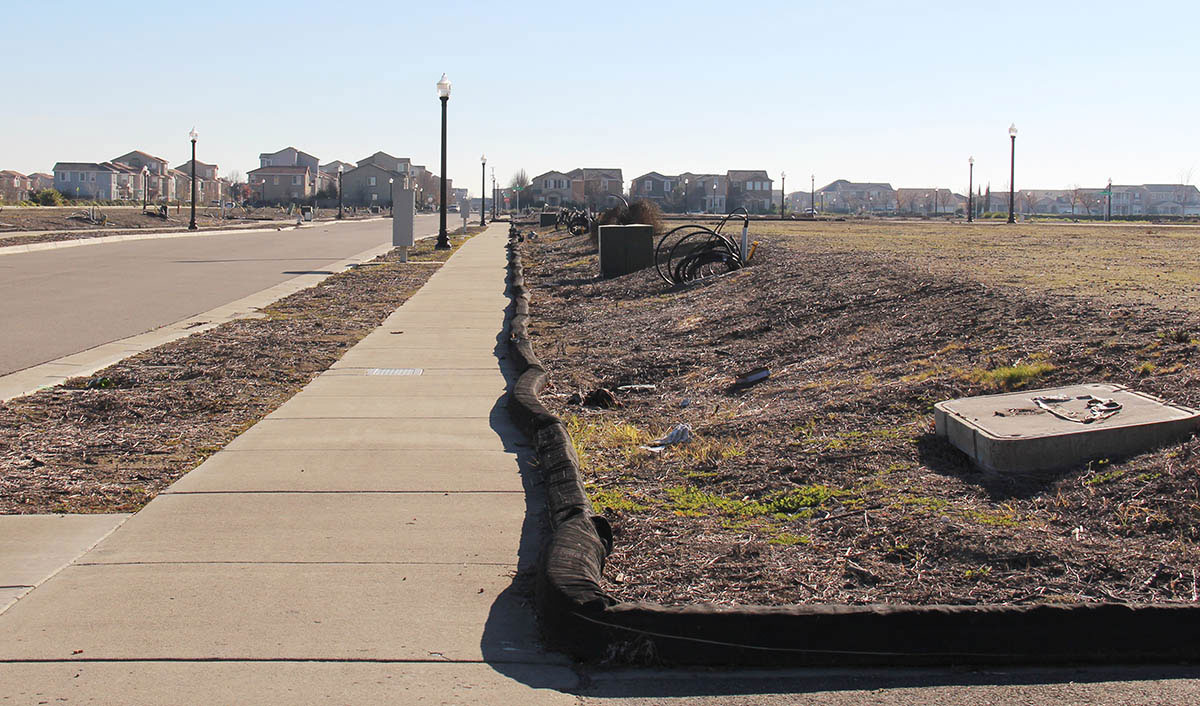
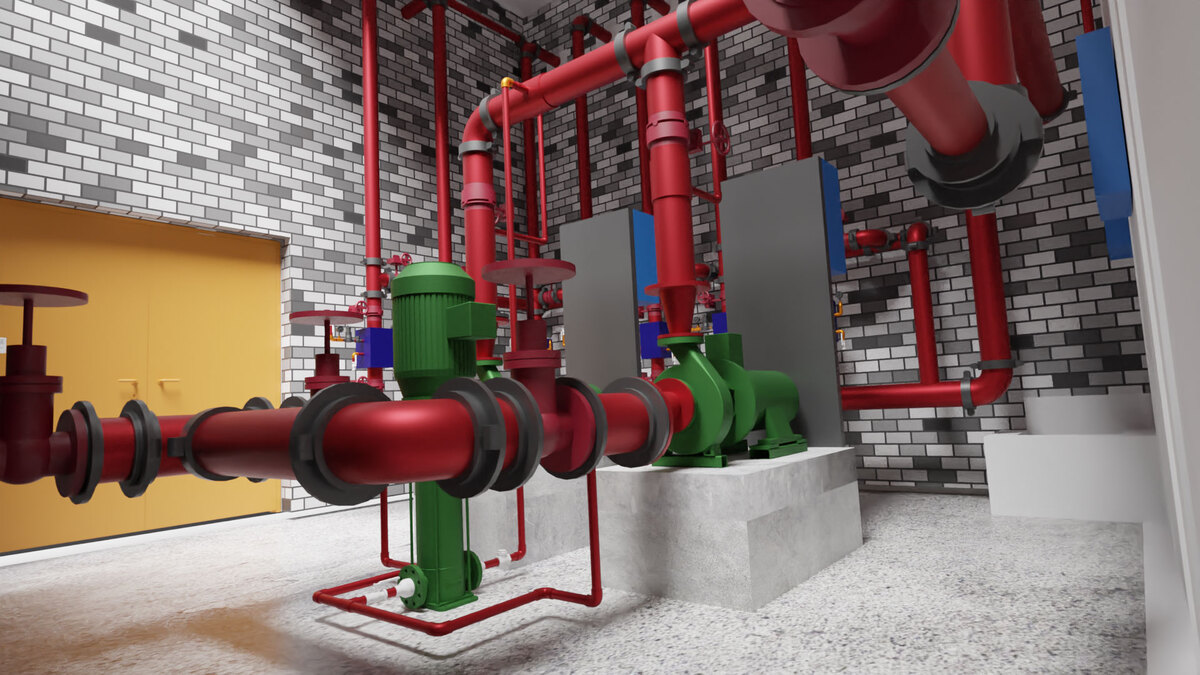
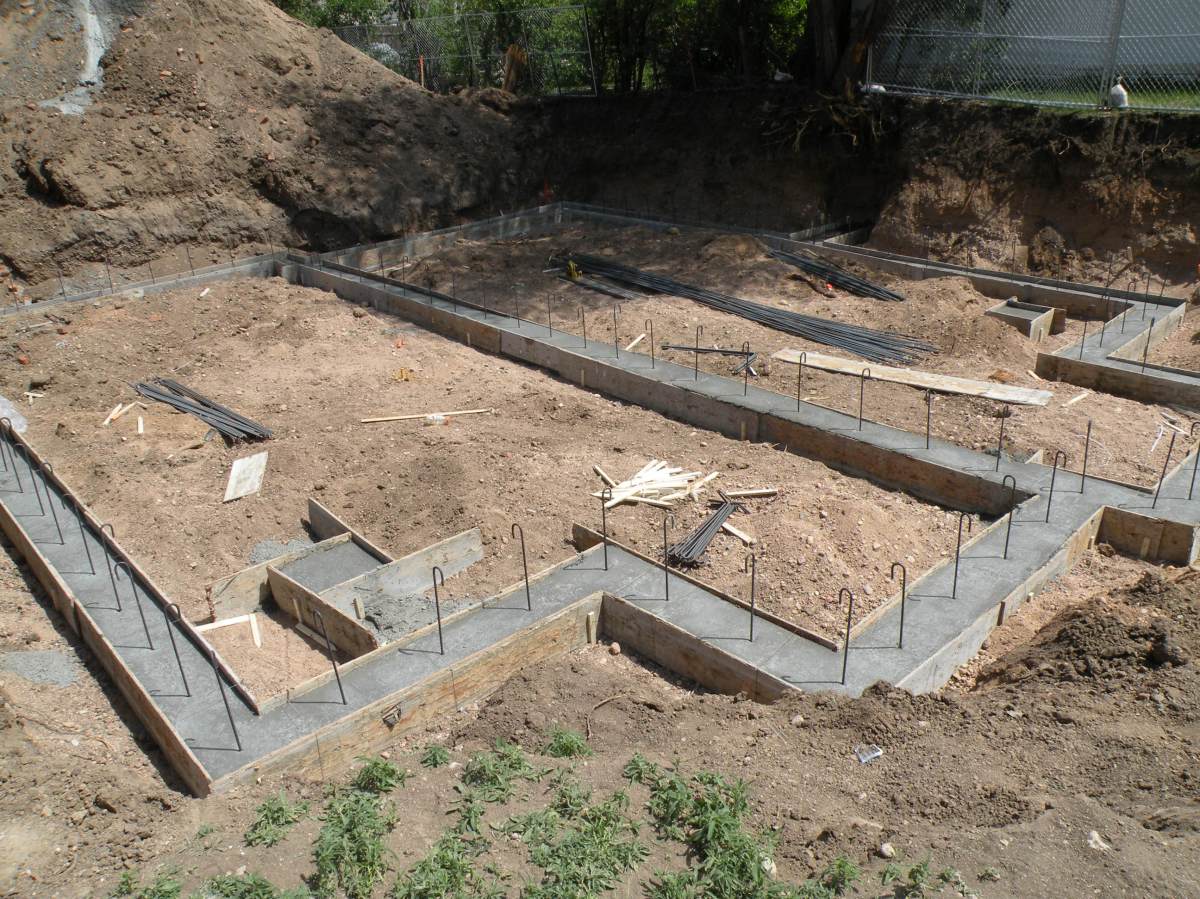
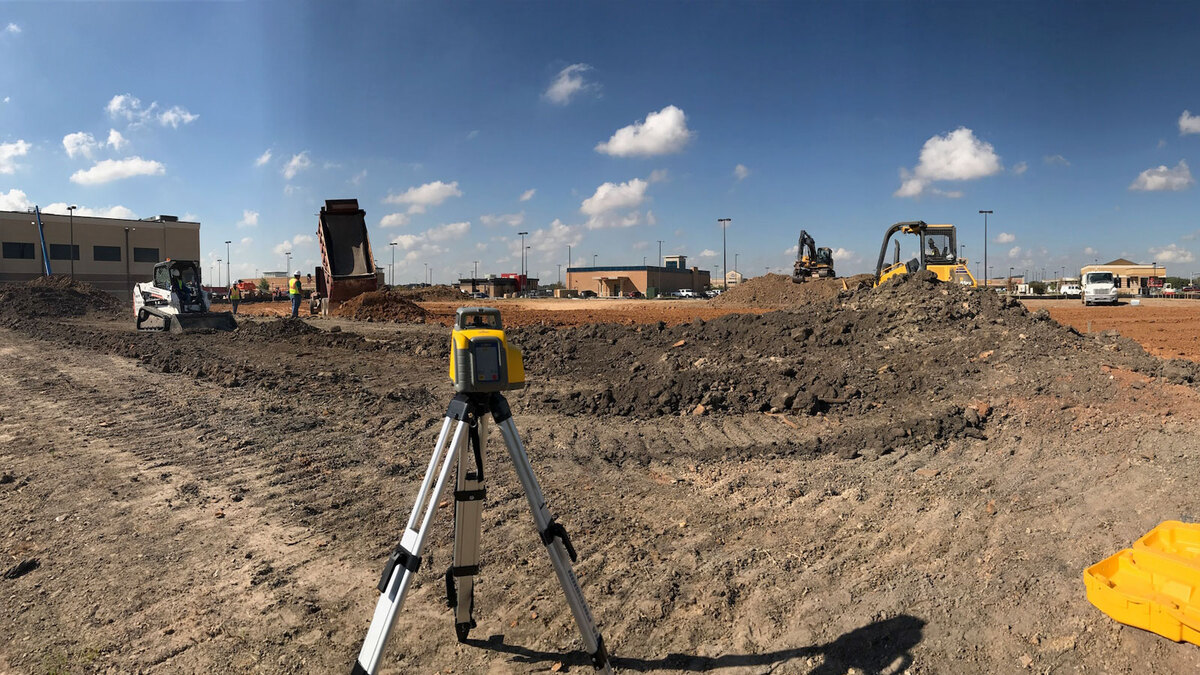

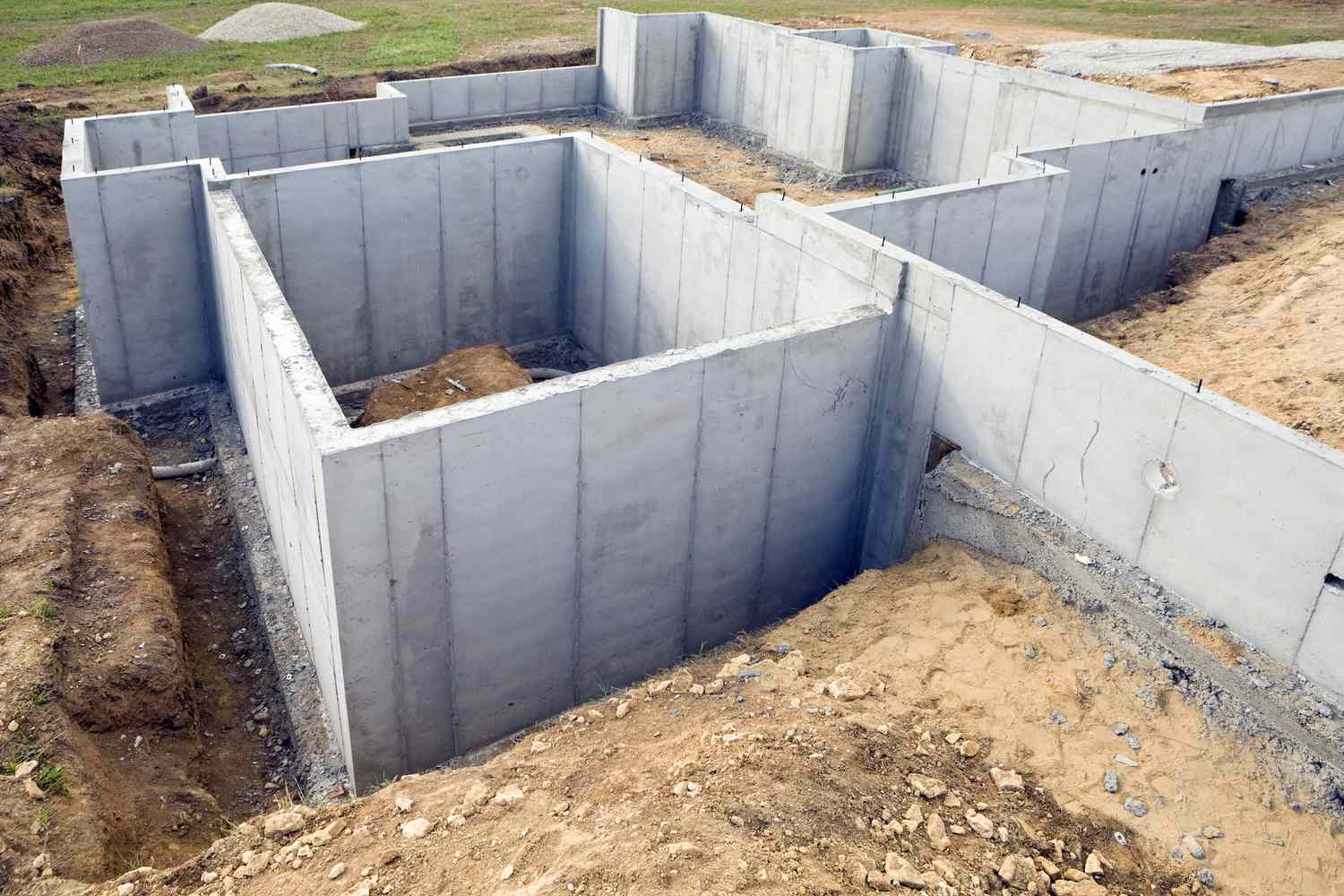
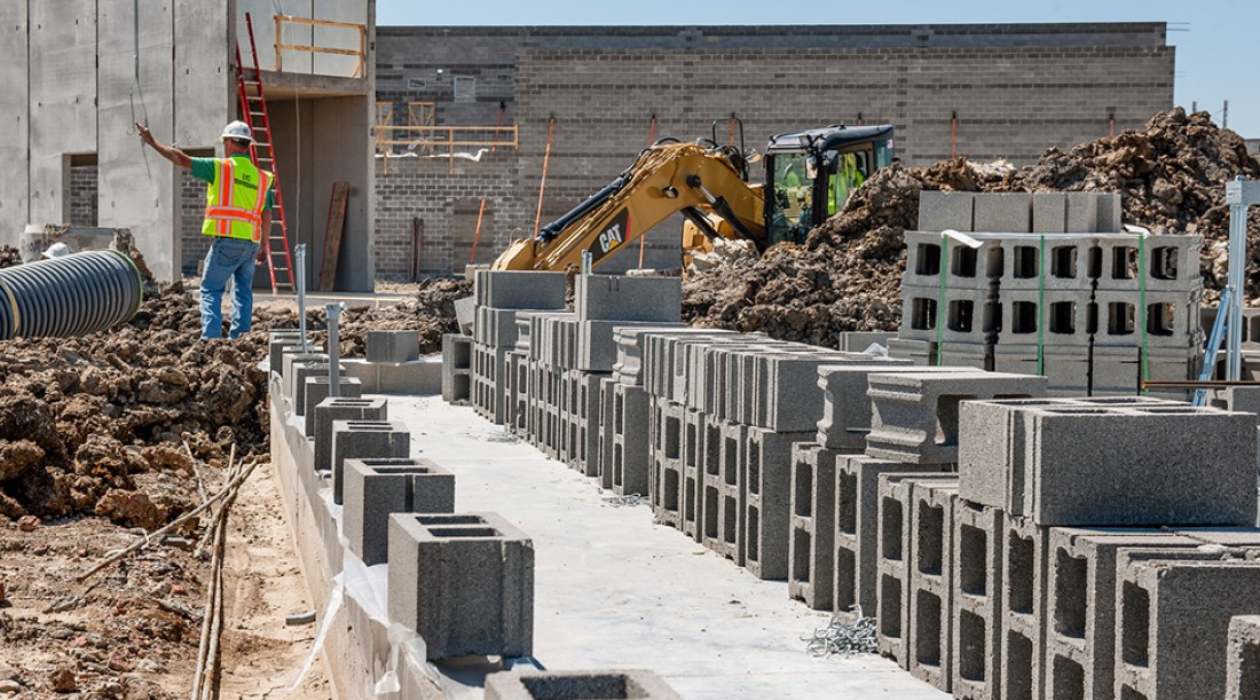



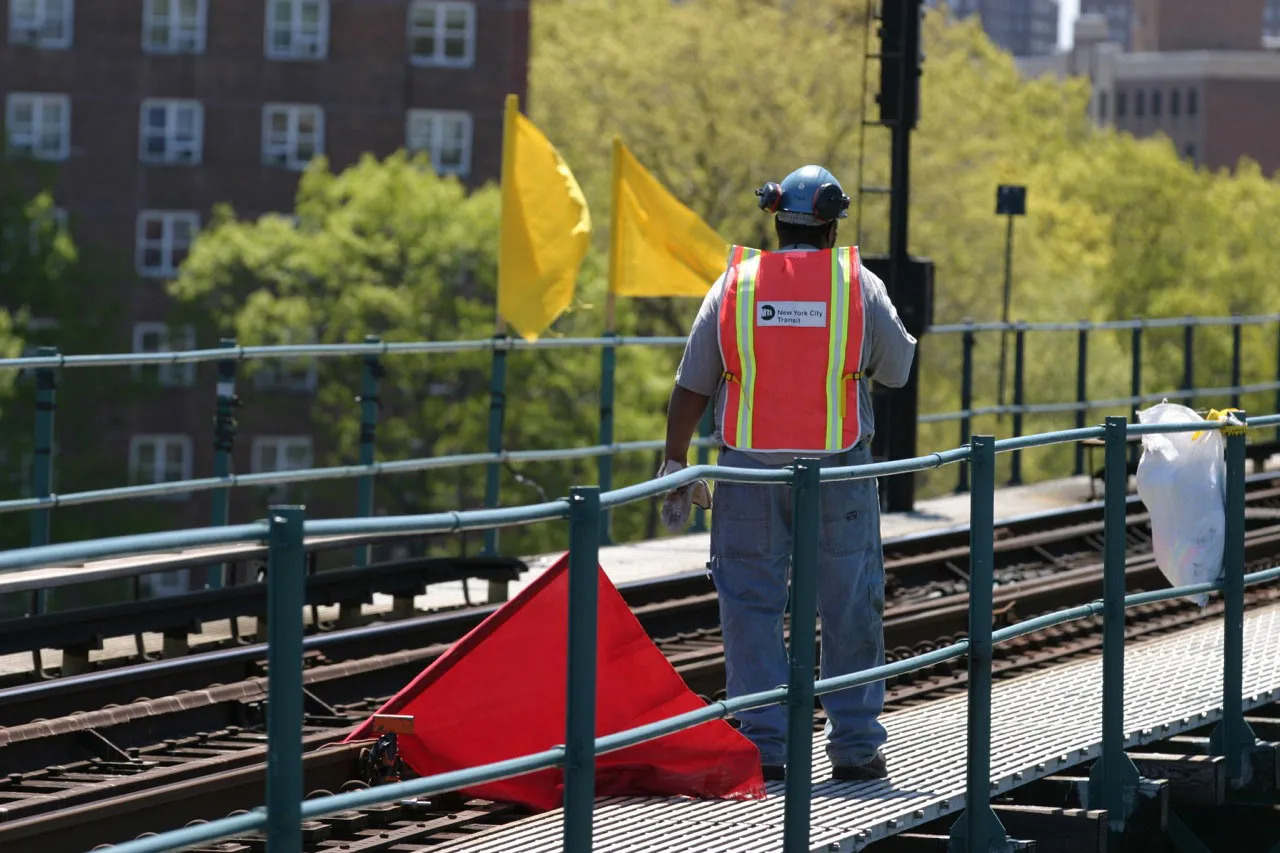
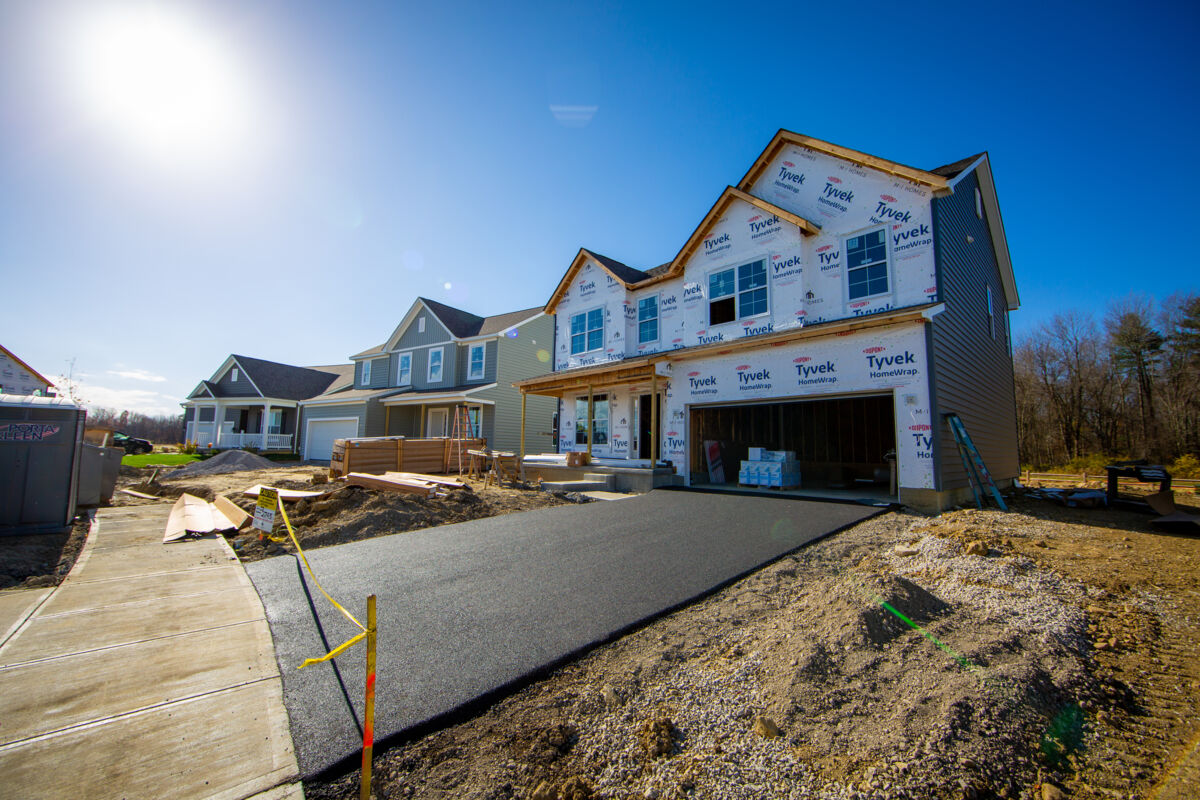


0 thoughts on “What Is Surety In Construction”